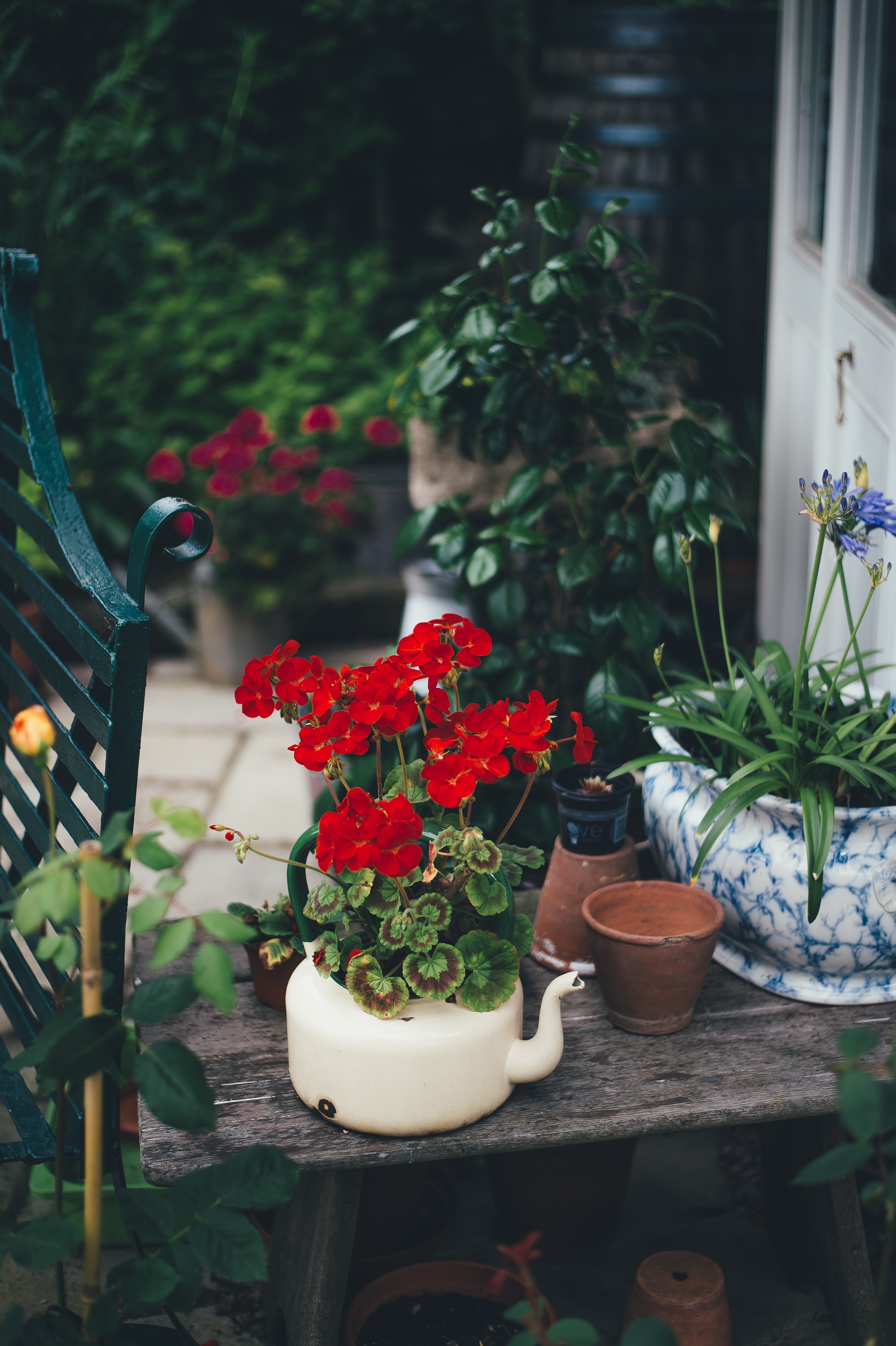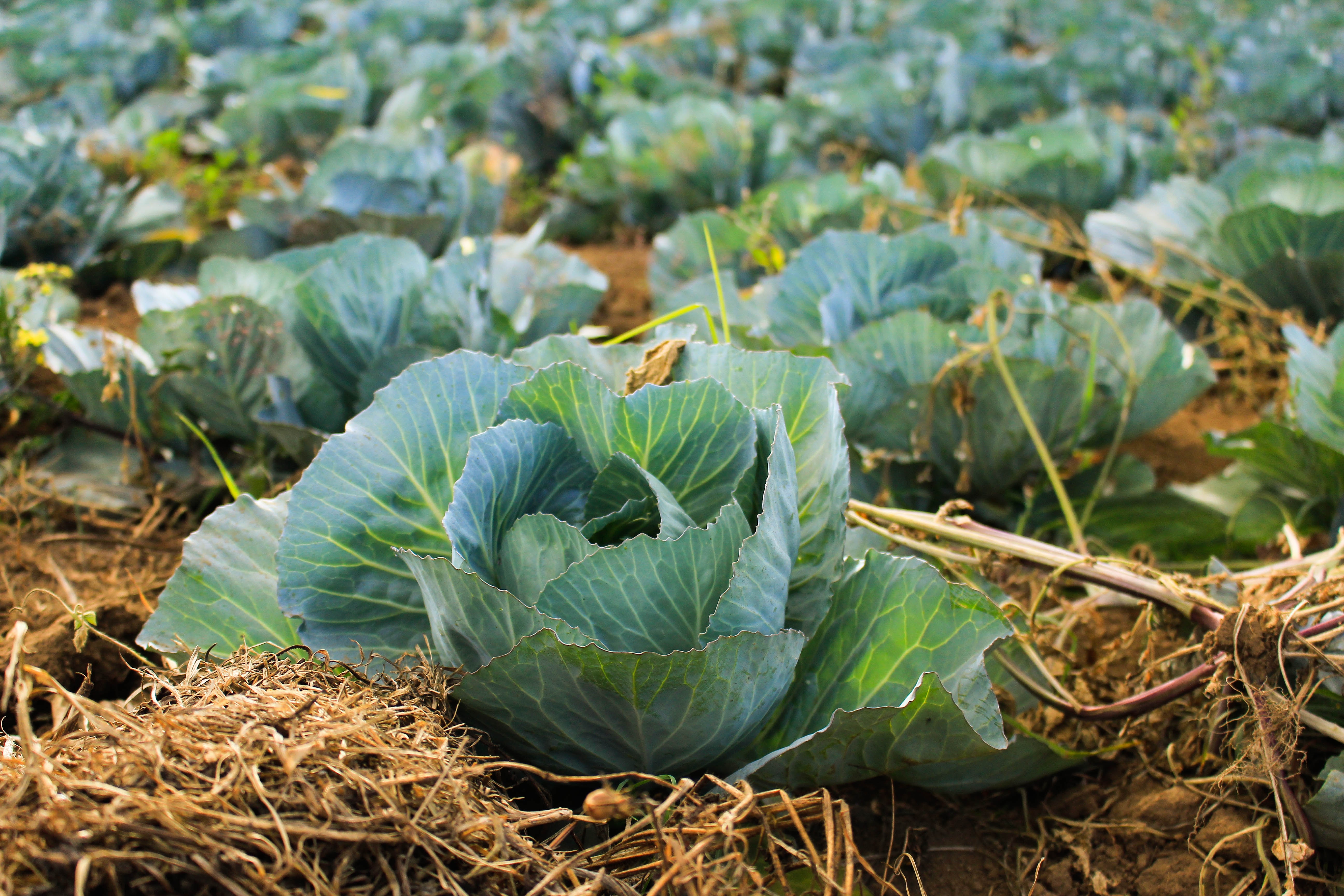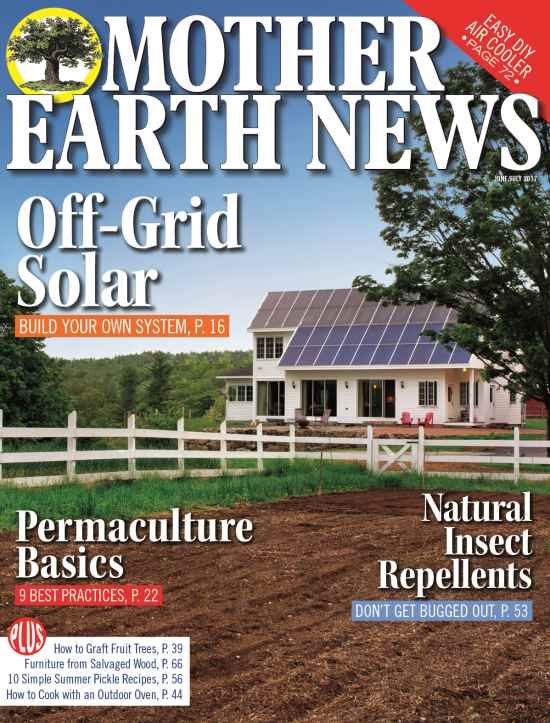Some people are born with a green thumb. For others, gardening requires a bit of research and practice. Fortunately, homesteading prepares you for a life of self-sufficiency that will one day turn gardening into second nature.
Whether you’re interested in getting started or want to learn cultivation tips and tricks, here’s a look at the basics of gardening on a homestead.

Investigate Planting Basics
It may seem redundant, but if you’re starting from square one, you’ll need to know the basic requirements of creating a homestead garden. The first step is learning how to cultivate and nurture your plants.
Planting seems simple on the surface. You buy the seeds, stick them in dirt and let the sun do the rest. However, you have to know how to create nutrient-rich soil. You should also plant your seeds strategically to reap the greatest success. Don’t underestimate the importance of gardening basics before you get started on more substantial work.
Choose Plants for Your Lifestyle

While it’s true that many plants require high-quality soil, sun and water to thrive, breaking down plant care isn’t so simple. Various fauna and vegetables require different care routines. Some plants need little to no human interference. Others, however, are more labor-intensive.
Think about the conditions that define your homestead before you set to work. If your garden doesn’t experience a lot of direct light, learn about plants that thrive in the shade, such as begonias and caladiums. If you anticipate full-sun conditions, choose plants that grow best in direct sunlight. If you prefer minimal effort, select seeds that thrive on their own.
Evaluate Your Gardens Limitations
No two homesteads are the same. Even if you spend countless hours researching tips, you may find not all advice applies to your circumstances.
Spend time examining your garden and outline your space’s weak spots. If you have limited yard space, create a raised garden to increase your amount of plantable square feet. If you don’t have the healthiest soil, try composting and bringing nutrients to the land. Whatever limitations you face, acknowledging potential downfalls and working around them is the best way to guarantee gardening success.
Ensure Your Soil is Healthy
Do you know what type of soil you’re working with? Think of your land’s dirt as the food that makes or breaks your garden. If your soil is lacking in nutrients, you’ll likely confront difficulty with growing healthy and prosperous plants.
Conduct a test if you’re unsure of your soil’s current state. As a general rule of thumb, healthy soil contains a mixture of compost, vermiculite, and peat moss. Add compost to your garden to provide a useful purpose for waste. Healthy soil will also have a sufficient amount of moisture from being properly hydrated.
Research Companion Planting
When you’re first starting your garden, it’s always nice to have help. Companion planting offers the unexpected assistance you didn’t realize you needed.
Certain plants, when grown together, help one another thrive. Tall plants can provide shade for shorter plants. Others may offer a barrier against pests. Regardless of what the perk may be, companion planting is the practice of strategically growing plants next to one another to reap the benefits.
Reference a guide for companion planting to learn more about the crops that thrive when grown together. For example, try the three Sisters technique, where you grow winter squash, beans and maize together.
Keep Up With Maintenance
Your homestead’s garden will need help as it continues to flourish. On your end, this means maintaining healthy nutrient levels and watering crops. However, it also means engaging in regular maintenance.
Keep pests out and kill weeds that can deprive your garden of valuable nutrients. If you decide to grow organic, you should still use natural alternatives to minimize weeds and keep your land clean.
Once you get started, you’ll find gardening is a fun and productive activity that lets you enjoy the fruits of your labor. After you master the basics, you can work towards becoming a gardening pro.










